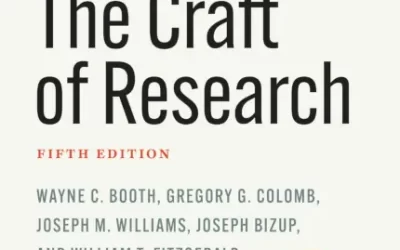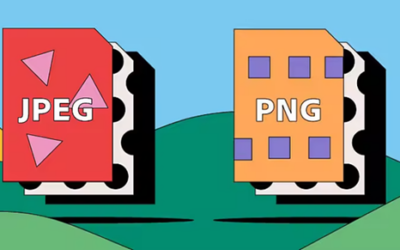Email is the most common form of communication among editors, reviewers, and authors. This mode of exchange has almost completely replaced traditional forms, such as in-person meetings or phone conversations, because of its worldwide efficiency and ease. Just as we keep up with advances in our specific fields, we must do the same in communication.
Formatting and Content
Subject: Because the subject line is the first thing the reader will see, and cues the reader to your specific need, make it both brief and informative. Choosing to leave this field blank may appear lazy or hurried. It may also cause the reader to mistake your message for spam.
All email should be concise and straightforward. A simple formula is:
Greeting > Message > Closing > Signature
Begin your email with some kind of greeting, such as “Dear Dr. X”. The time taken to correctly spell the name of whomever you’re addressing is worth the validation. Your message should be clear, so that your recipient can respond with efficiency. In some cases, a native English speaker should help to facilitate the transmission. Close with something like “Thank you” or “Sincerely”. Conclude with your name and, if appropriate, a professional signature.
Your content should avoid wordy sentences that unnecessarily lengthen a message. Avoid emotional language that may appear unprofessional – you won’t be taken seriously if you react rather than rationalize. Exercise appropriate capitalization; if you would capitalize something within your academic writing, the same rules apply in emails. Along the same lines, do not capitalize the message in its entirety; IT MAY SEEM HARSH AND AGGRESSIVE. Do not abbreviate words. This may lead people to believe you are uneducated or apathetic.
It’s also important to note how impersonal and detached email correspondence can be. Email can create an absence of tone that hearing one’s voice offers, so it’s important that you use appropriate wording and punctuation to convey a polite tone. For example, are you wondering how much longer you’ll be forced to wait on the decision letter for your manuscript? When emailing about this, did you overuse question marks in your inquiry email to editor? (May I ask when you might make a decision on my manuscript???). This causes you to seem desperate or annoying, things you should always avoid professionally.
Do you want to be added to the pool of esteemed reviewers for a specific journal? Did you begin your message with a greeting, introducing yourself and explaining why you are a suitable candidate? If not, your lack of professionalism may have just lost you an opportunity. Email may be more casual than traditional writing, but make sure this short message is a window into your professionalism.
A word of advice in using attachments: include a statement about the attachment within the body of your email, such as “Please see the attachment.” Choose to actually attach the file at that moment so you eliminate the risk of sending the email without the necessary contents.
Filling Fields Appropriately
To: include those from whom you want responses.
CC: include those whom you just wish to notify.
BCC: use when contacts do not personally know each other, or to alert others discretely without giving out identifying information.
Replying to emails
If you cannot fully respond in a prompt manner, simply return a message to make the sender aware that you’ve received the email and will respond again soon. Then follow through with your response. While perhaps not addressing the current issue, this tactic politely alerts the sender that they’re not being ignored.
Exercise great caution when using the “Reply all” function. Replying to all can lead to miscommunication, confusion, and even professional issues. Exercising click control here may save you some embarrassment.
The emails we write and respond to must convey professionalism. Although your message is likely short and sweet, do ensure that what you’re saying is clear and polite. Finalize an email by reading your message aloud before hitting the send button; this may help to correct a harsh or presumptuous tone. As insignificant as a short message might appear to be, your email decorum may prove to be the pivotal factor in your success.




